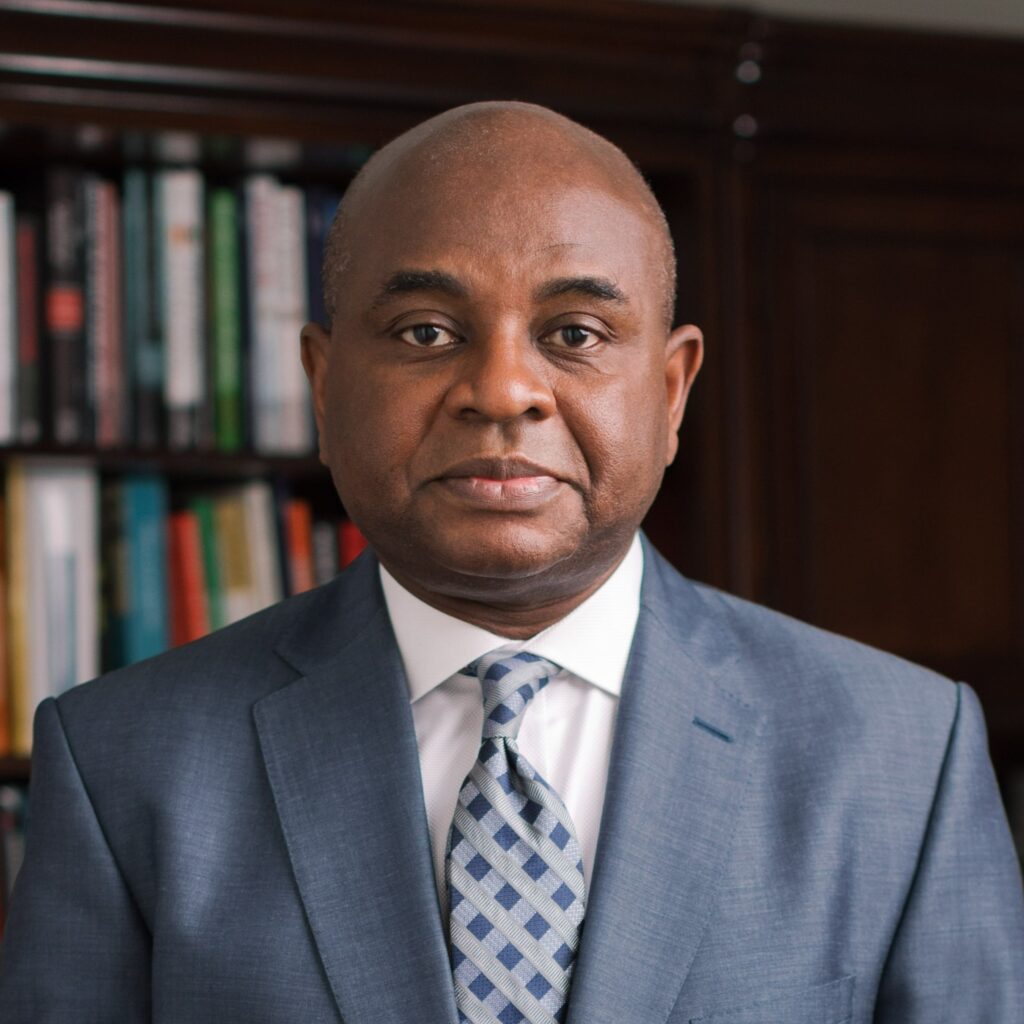
Former Deputy Governor of the Central Bank of Nigeria, CBN, Kingsley Moghalu on Wednesday said Nigeria fell under completely incompetent economic management and has not recovered since 2014.
Moghalu in a statement on his X handle told President Bola Tinubu’s administration that palliatives will never reverse poverty.
According to him, “The immediate future looks difficult, insisting that “throwing money that is not creating wealth will not solve the nation’s problems.
Moghalu suggested that the country needs to lay a real foundation for longer-term economic transformation.
He said, “Nigeria’s economic distress is simply part of a 40-year downward trajectory that was broken only briefly by the Obasanjo civilian presidency and to some degree under Yar’Adua/Jonathan (up to mid-2014). Ever since, especially in 2015, we have fallen under completely incompetent economic management and have not recovered.
“The immediate future looks difficult. One wishes one could see what will create fundamental change, but alas! Throwing money that is not creating wealth will not solve our problems. It only makes them worse. We need to lay a real foundation for longer-term economic transformation. That 80% of Nigeria’s exports in 2023 was oil tells you we have yet to get serious. “Palliatives” (just google the dictionary definition of the word) will never reverse poverty.
“Wealth is positively created. You cannot redistribute it when you haven’t created it. You are simply recycling poverty. If we invest HEAVILY in achieving 20,000 megawatts of electricity and free education based on a 70% science and technology/TVET-based curriculum over the next 4-5 years and drastically cut the cost of governance, the true foundation for our future prosperity would have been laid. It can be done. But the patterns of thought of our political class are a real obstacle. Real economic thinking is NOT happening, so economic transformation can’t follow.
“Like it or not, individuals in certain positions matter. Sanusi and Ngozi Okonjo Iweala made a huge difference in their roles. That’s because they had CAPACITY. Their appointments went above the politics of cronyism. The results, which is what matters more than sound and fury at the end of the day, followed.
“It was an empowering and enabling experience and environment to have worked with both of them in economic thinking and policy formulation. We kept the politicians at the gates. When the Agbada people took over completely and competent technocracy was treated with scorn ever since and up till today, it’s been a sad story. May we recover one day. Like it or not, appointments have real.


